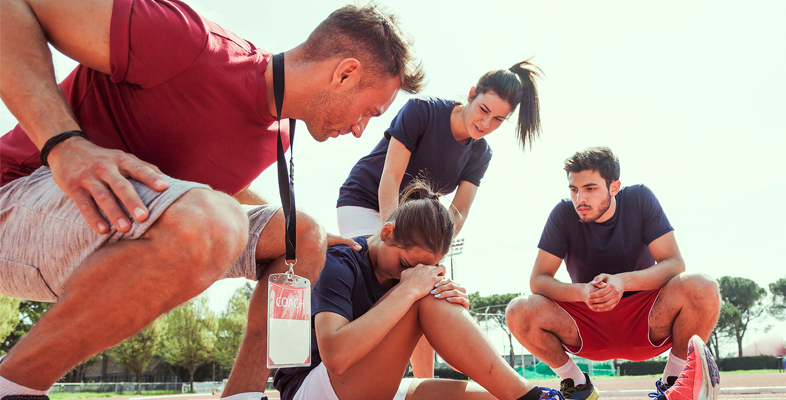3.1 Social support in practice
Forsdyke et al. (2016) identified that having trust in the rehabilitation provider, feeling wanted by others and satisfaction with social support were associated with positive rehabilitation outcomes. Social support is considered to be a multidimensional construct with different categories of social support possible, including (Arvinen-Barrow and Pack, 2013):
- emotional
- technical
- informational
- tangible, and
- motivational support.
Table 1 defines these different categories of social support.
Activity 3 Social support in practice
Our case studies Travis and Lois have been asked to identify three key sources of social support they have drawn upon during their rehabilitation (see below). Select either Lois or Travis and then for each person they have identified consider what type of social support each person might provide.
Discussion
Interestingly, both Lois and Travis have identified a mixture of personal and professional relationships. Different people can provide a range of different types of social support, but you might expect a partner (here, Dave or Trevor) to particularly provide emotional, tangible and motivational support. You might have thought that a coach or trainer would particularly provide technical, informational and motivational support. However, with an established coach–athlete relationship such as that between Lois and Wilma, there would likely be emotional support too.
Coaches are considered to be an important source of social support during sport injury (Newman and Weiss, 2018). A sport psychologist would likely predominantly provide emotional, tangible, informational and motivational support. A physiotherapist would be expected to predominantly provide technical, informational and motivational support, but a good physiotherapist would also provide emotional support.
The sources of social support discussed in Activity 3 focus on individual relationships, but it is important to note that group sources of social support can also be highly effective. The video below describes one such example – a sport injury support group.
Transcript: Video 4
Having looked at how all these different interventions can help recovery from sport injury next you’ll reflect on what this means to you.
